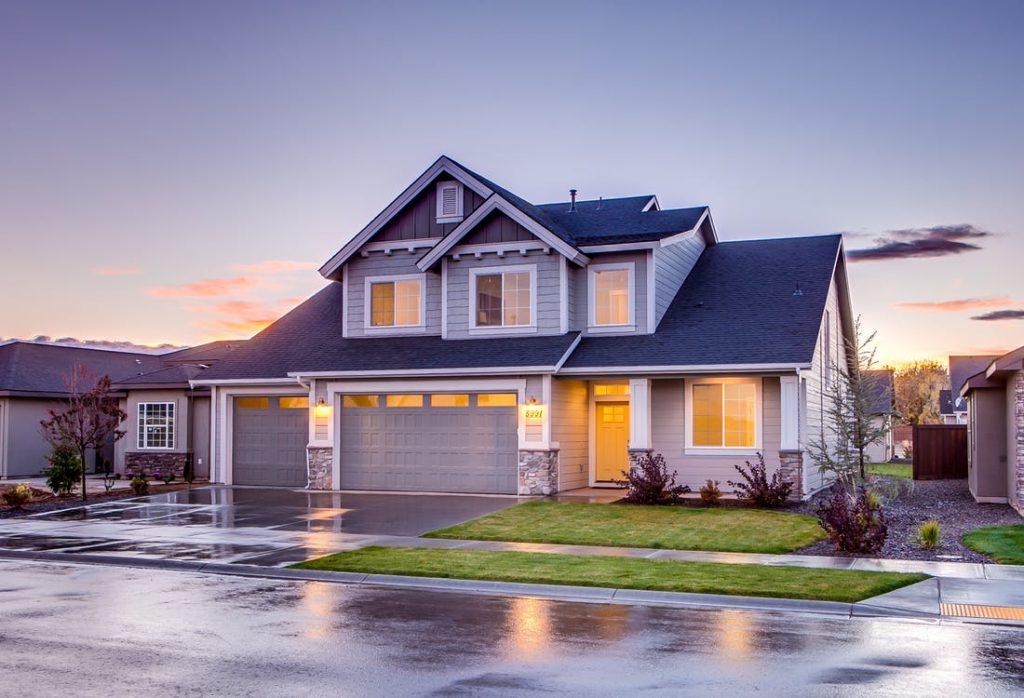Many people ask me what a homestead exemption is and how it impacts them when filing for bankruptcy. A homestead exemption protects the equity in your home during bankruptcy. There is no homestead exemption under New Jersey law. Instead you can use the federal bankruptcy exemptions, which protect your home’s equity. If you are married, you can also protect your home from creditors of individual debts if the home is held as a tenancy by the entirety.
The federal exemption applies to real property in New Jersey. This includes your home. As a married debtor you are able to exempt your survivorship interest in property held as tenants with your spouse.
In New Jersey, you can use either the state exemption system or the federal bankruptcy exemption system. However, you are not allowed to choose different exemptions from each system. Instead, you must choose to use all state exemptions or all federal exemptions. In New Jersey, the federal exemptions are almost always more favorable.
The federal bankruptcy homestead exemption amount is $22,975, and increases every three years based on the cost of living. Federal bankruptcy exemptions may be used for home, condo, co-op, mobile home, and burial plots. Married couples may double this exemption. You can find the federal bankruptcy homestead exemption at 11 U.S.C. §522(d)(1) and (5).
Through the proper use of bankruptcy exemptions you can keep you can keep all of your assets, erase debt and obtain a fresh start.
Hopefully the above information has answered your questions about homestead exemptions in New Jersey. Remember, there is life after bankruptcy and it starts here. An experienced and professional bankruptcy attorney can help you to consider all the options before filing for bankruptcy. Contact me today for your free consultation.

